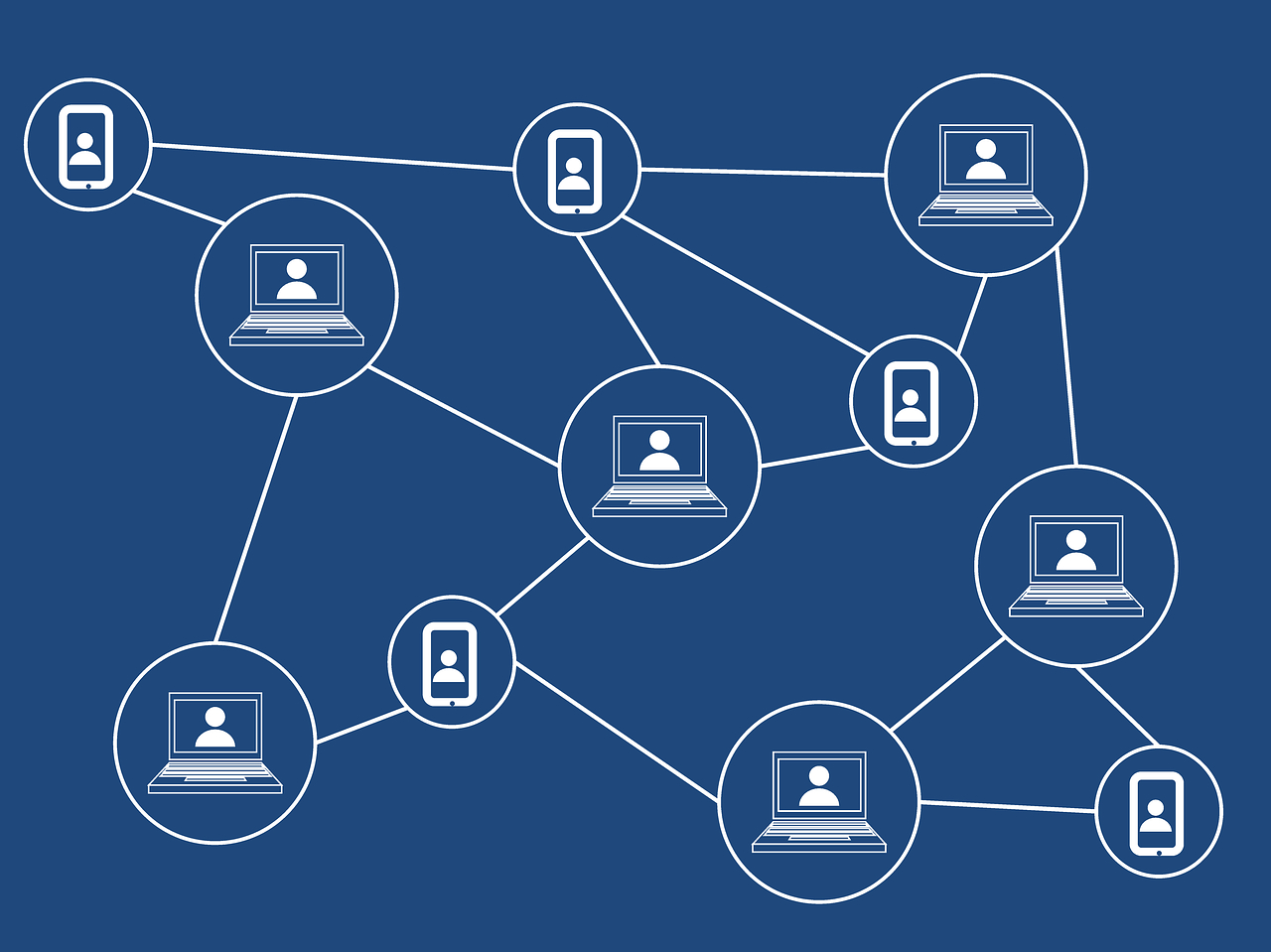Deutsche Telekom, a leading global integrated telecommunications firm, has announced support for Polygon blockchain infrastructure.
As per a media release, Deutsche Telekom has become a Polygon validator, extending its services to the blockchain sector.
Also, the announcement revealed the firm’s subsidiary Deutsche Telekom MMS would provide staking and validation services on Polygon’s proof-of-stake network and Supernets solutions.
Deutsche Telekom MMS Support To Bolster Polygon’s Security and Decentralization
Deutsche Telekom is a giant in the telecom industry and the owner of T-Mobile, a leading provider of wireless voice, messaging, and data services in the United States, Poland, Netherlands, etcetera.
As a firm in the telecom business for 27 years, the recent announcement shows that Deutsche Telekom is ready to diversify its services.
The Head of the Blockchain Solutions Centre at Deutsche Telekom, Dirk Röder, said:
“The collaboration with Polygon is an important step for Deutsche Telekom MMS to fully exploit the potential of blockchain technology and enable applications suitable for mass deployment.”
He noted that the partnership will contribute to Polygon’s security and decentralization.
Röder explained why Deutsche Telekom MMS chose Polygon out of other blockchain ecosystems.
He said the Polygon ecosystem is resource-efficient, offers a developer-friendly environment, and leverages the Ethereum ecosystem’s highest security standards.
Deutsche Telecom Setting The Pace For Other Business To Embrace Blockchain Technology
The media release also highlighted Deutsche’s warm welcome by the Polygon team.
Michael Blank, Chief Operating Officer at Polygon Labs, said they are excited to have Deutsche Telekom become a validator on the Polygon network.
Blank stressed the importance of this partnership to the blockchain ecosystem and Web3. “This collaboration will pave the way for more businesses to embrace blockchain technology through Polygon,” he said.
The Polygon Lab executive also noted that their partnership with Deutsche Telekom will empower consumers by unlocking the ownership and autonomy that Web3 technology offers.
As a validator, Deutsche Telekom MMS will contribute to securing Polygon’s Proof-of-Stake side chain and Supernets app chains.
It would improve its governance and decentralization by running a node, producing blocks, validating and participating in consensus, and committing checkpoints on the Ethereum mainnet.
Network Activity Increase Following Polygon zkEVM Launch
The latest integration is one of the many developmental activities on Polygon this year.
On March 27, Polygon launched its zero-knowledge Ethereum Virtual Machine (Polygon zkEVM) mainnet beta.
The Polygon zkEVM is a layered network that combines zero-knowledge proofs and the Ethereum Virtual Machine to boost blockchain scalability and security.
In addition to preserving Ethereum infrastructure, this scaling technology reduces transaction costs.
According to the May metrics for Polygon zkEVM, network fees decreased significantly while activity and liquidity increased.
From April 25 to May 25, unique active wallets increased by 54%. The latest integration with Deutsche Telecom MMS could bring more wins to the Polygon network.
Deutsche Telekom, a leading global integrated telecommunications firm, has announced support for Polygon blockchain infrastructure.
As per a media release, Deutsche Telekom has become a Polygon validator, extending its services to the blockchain sector.
Also, the announcement revealed the firm’s subsidiary Deutsche Telekom MMS would provide staking and validation services on Polygon’s proof-of-stake network and Supernets solutions.
Deutsche Telekom MMS Support To Bolster Polygon’s Security and Decentralization
Deutsche Telekom is a giant in the telecom industry and the owner of T-Mobile, a leading provider of wireless voice, messaging, and data services in the United States, Poland, Netherlands, etcetera.
As a firm in the telecom business for 27 years, the recent announcement shows that Deutsche Telekom is ready to diversify its services.
The Head of the Blockchain Solutions Centre at Deutsche Telekom, Dirk Röder, said:
“The collaboration with Polygon is an important step for Deutsche Telekom MMS to fully exploit the potential of blockchain technology and enable applications suitable for mass deployment.”
He noted that the partnership will contribute to Polygon’s security and decentralization.
Röder explained why Deutsche Telekom MMS chose Polygon out of other blockchain ecosystems.
He said the Polygon ecosystem is resource-efficient, offers a developer-friendly environment, and leverages the Ethereum ecosystem’s highest security standards.
Deutsche Telecom Setting The Pace For Other Business To Embrace Blockchain Technology
The media release also highlighted Deutsche’s warm welcome by the Polygon team.
Michael Blank, Chief Operating Officer at Polygon Labs, said they are excited to have Deutsche Telekom become a validator on the Polygon network.
Blank stressed the importance of this partnership to the blockchain ecosystem and Web3. “This collaboration will pave the way for more businesses to embrace blockchain technology through Polygon,” he said.
The Polygon Lab executive also noted that their partnership with Deutsche Telekom will empower consumers by unlocking the ownership and autonomy that Web3 technology offers.
As a validator, Deutsche Telekom MMS will contribute to securing Polygon’s Proof-of-Stake side chain and Supernets app chains.
It would improve its governance and decentralization by running a node, producing blocks, validating and participating in consensus, and committing checkpoints on the Ethereum mainnet.
Network Activity Increase Following Polygon zkEVM Launch
The latest integration is one of the many developmental activities on Polygon this year.
On March 27, Polygon launched its zero-knowledge Ethereum Virtual Machine (Polygon zkEVM) mainnet beta.
The Polygon zkEVM is a layered network that combines zero-knowledge proofs and the Ethereum Virtual Machine to boost blockchain scalability and security.
In addition to preserving Ethereum infrastructure, this scaling technology reduces transaction costs.
According to the May metrics for Polygon zkEVM, network fees decreased significantly while activity and liquidity increased.
From April 25 to May 25, unique active wallets increased by 54%. The latest integration with Deutsche Telecom MMS could bring more wins to the Polygon network.
